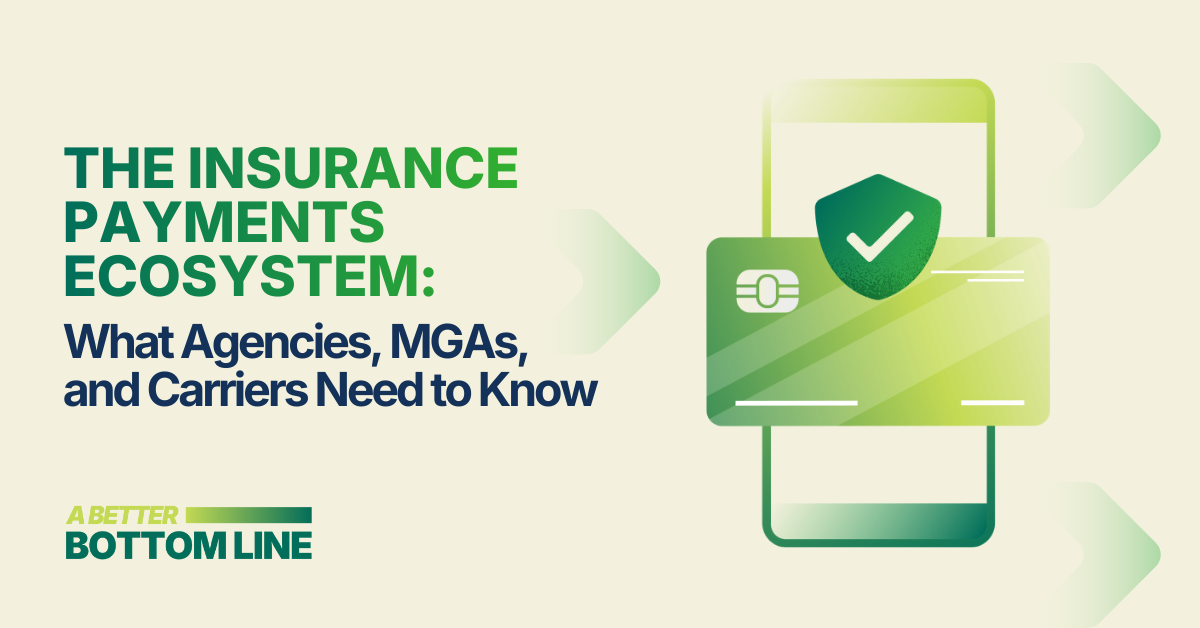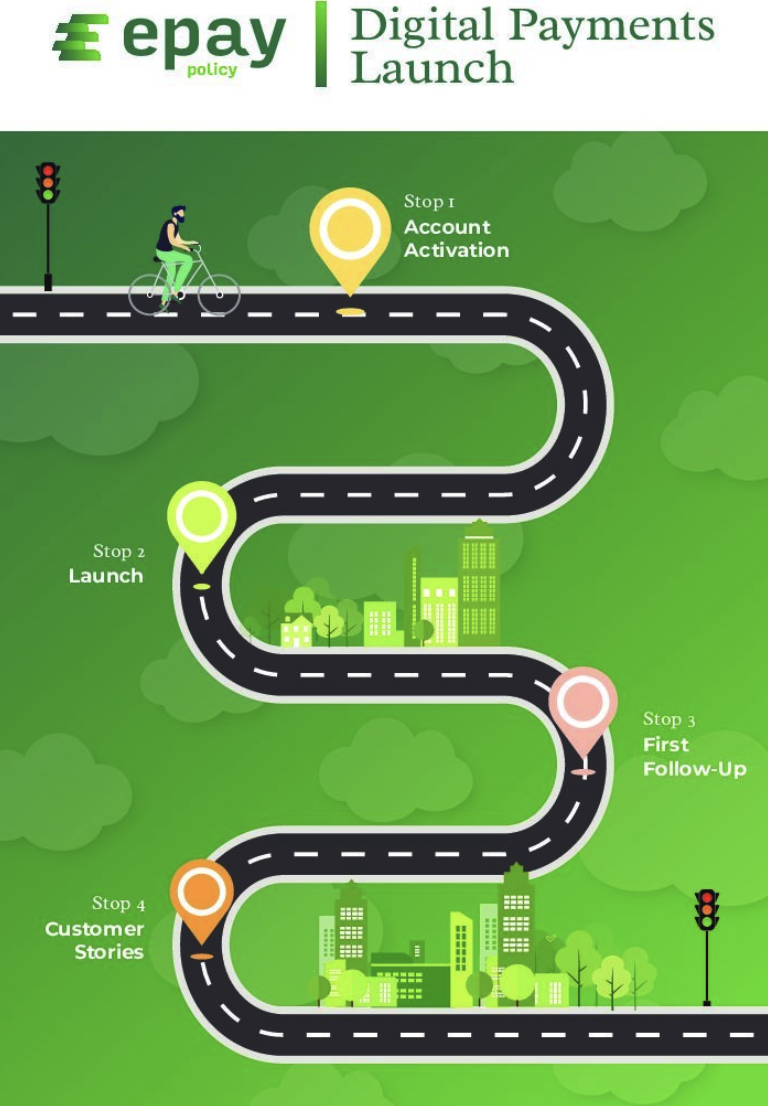We all know the economy fluctuates through natural expansions and contractions. Notwithstanding a strong job market, the U.S. is now experiencing soaring inflation, supply chain disruptions and geopolitical crises — indicators that the economy is heading for a recession. Depending on whom you ask, we are either already in a recession, or the next one is looming on the horizon.
What is a Recession?
The general definition of recession is two consecutive quarters of negative gross domestic product (GDP). By that measure, the U.S. entered a recession in the summer of 2022.
The National Bureau of Economic Research (NBER) defines recession as “a significant decline in economic activity that is spread across the economy and that lasts more than a few months.” Forbes Advisor recently (September 9, 2022) graded 15 economic indicators: 4 good, 2 neutral, and 9 bad. Clearly, that does not bode well.
As the Fed continues its efforts to tame inflation, insurance companies may notice some changes in the industry. Buying a home at 6 percent interest may keep prospective buyers renting until rates decrease, for example.
What Can You Do to Prepare?
Research shows that companies that fare best in recessions share key behaviors. They:
- take steps to prepare,
- consider long-term implications, and
- focus on maintaining growth — albeit at a slower pace.
You’ve likely been through this scenario before. In 2020, we had the briefest recession on record (February–April) due to the pandemic. The prior recession, 2007-2009, was the worst since the Great Depression. As you may have already experienced, recessions impact the insurance industry in specific ways:
- Premium income decreases
- Investments yield lower returns
- Regulators often put extra scrutiny on claims processing
However, know that insurance is something people need in good times and in bad times. Some insurance is even legally required. You can lean on that while you create or bolster a culture of continuous improvement across the organization.
- Review your book of business. What insurance products give people comfort in a bad economy? Discover what your policyholders are concerned about and emphasize solutions to mitigate their fears. Gabe Nix, Enterprise Sales Executive at ePayPolicy, also says: “look for opportunities to expand into some areas where less competition exists due to market contraction”.
History shows commercial lines could expect a greater impact than personal lines. Mitigate by being an advisor to financially stressed customers. - Nurture policyholder relationships. Customer relationships remain one of the most important assets during any economy. Identify your most loyal and highest-margin customers and be ready to shift resources to retain them (as opposed to cutting costs across the board).“
Agents need to be thinking about ways they can provide value to their clients beyond the products they sell”, says Jim Schubert, host of the Agents Growth Academy podcast. “For example, make a list of local commercial customers who could benefit from free advertising. Then highlight one a day for the next month on social media”. You’ll deepen relationships and build new ones at the same time. - Offer flexible options. Offer variable-priced policies and usage-based insurance for policies that allow it. It’s also important to offer flexible payment options, according to Gabe Nix. This allows insureds to pay how they want to pay and to use the payment type that will benefit them the most. To help them out, you could also absorb fees partly or fully, a unique feature of ePayPolicy.
- Increase your brand value. Now is the time to maximize your value to customers. Find ways to provide an excellent customer experience and show compassion during difficult times. For example, implement insurtech solutions to increase customer convenience. Automated invoice reminders and digital payment options make for loyal customers, who are less likely to comparison shop or buy on price alone.
We don’t know when or how long the next recession will be. The suggestions here will help your business become stronger today, and that momentum can help you through a tough economy.
- Steve Miller
- Steve Miller
- Steve Miller
- Steve Miller
- Steve Miller
- Steve Miller
- Steve Miller
- Steve Miller
- Steve Miller
- Steve Miller
- Steve Miller
- Steve Miller
- Steve Miller
- Steve Miller
- Steve Miller
- Steve Miller
- Steve Miller
- Steve Miller
- Steve Miller
- Steve Miller
- Steve Miller
- Steve Miller
- Steve Miller
- Steve Miller
- Steve Miller
- Steve Miller
- Steve Miller
- Steve Miller
- Steve Miller
- Steve Miller
- Steve Miller
- Steve Miller
- Steve Miller
- Steve Miller
- Steve Miller
- Steve Miller
- Steve Miller
- Steve Miller
- Steve Miller
- Steve Miller
- Steve Miller
- Steve Miller
- Steve Miller
- Steve Miller
- Steve Miller
- Steve Miller
- Steve Miller
- Steve Miller
- Steve Miller
- Steve Miller
- Steve Miller
- Steve Miller
- Steve Miller
- Steve Miller
- Steve Miller
- Steve Miller
- Steve Miller
- Steve Miller
- Steve Miller
- Steve Miller
- Steve Miller
- Steve Miller
- Steve Miller
- Steve Miller
- Steve Miller
- Steve Miller
- Steve Miller
- Steve Miller
- Steve Miller
- Steve Miller
- Steve Miller
- Steve Miller
- Steve Miller
- Steve Miller






